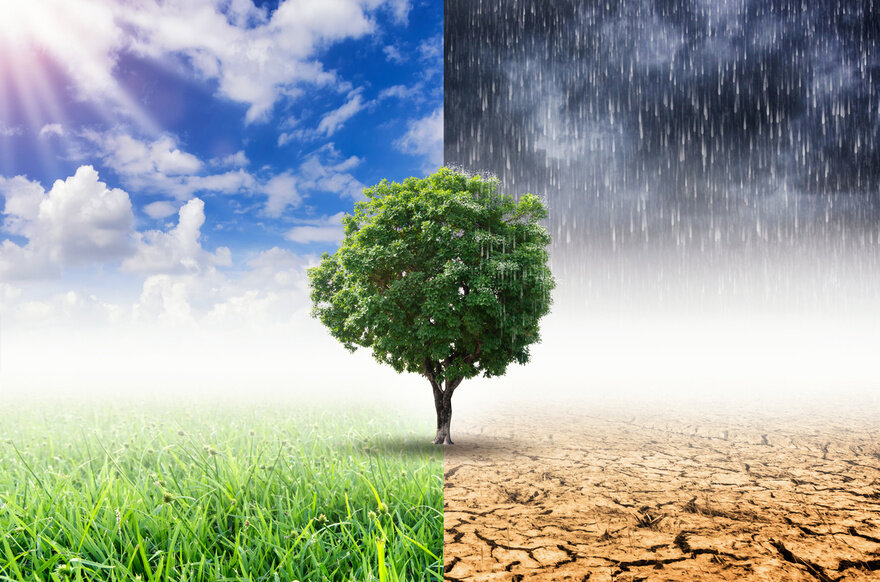Even if you've missed the most recent National Climate Assessment, it has been nearly impossible to ignore the urgency to address climate change. It is having a direct impact on the way we conduct our Real Estate business as well.
Climate change has lead to us adopt new areas of due diligence in regard to issues of flooding and fire protection areas and dig deeper on issues of energy efficiency and the carbon footprint of various house construction technologies.
Our assumption at this point is the areas that are unstable, near water and/or subject to wildfire will be affected more by climate change as time goes on. One of the resources we use repeatedly to check for flood zones, liquefaction areas, unstable slopes, and fire hazard zones is Portland Maps. If you type in your address and then click on “public safety” and scroll down, you will see the hazard zone map links.
For energy efficiency stats, we have a new tool at our fingertips: the Home Energy Score. This assessment has been required for any homes listed for sale as of 1/1/2018. After almost a year of observing the program, I think it is flawed but helpful. It is flawed because it is based on a US Department of Energy home energy scoring system, which does not account very well for our local inventory and construction styles. But overall, the fears that these evaluations would be expensive and delay listings have not come to fruition, and it does give consumers objective information on the relative cost of utilities for individual homes.
One of the bright spots in our region is that Portland residents made a bold move by passing Measure 26-201 this last November, which creates a fund to train low income and people of color to work in the field of clean energy and upgrade the energy efficiency of residences for low-income folks and expand local food production. This measure not only recognizes that people at the margins of the economy are often the most vulnerable to climate change, but that they have also been excluded from this emerging sector. Click here for a video on the measure.
For more information on a statewide effort to bring clean energy jobs to Oregon, reduce pollution and protect our natural resources, check out Clean Energy Jobs and consider “signing on” to their work. Together, we can make a difference!

